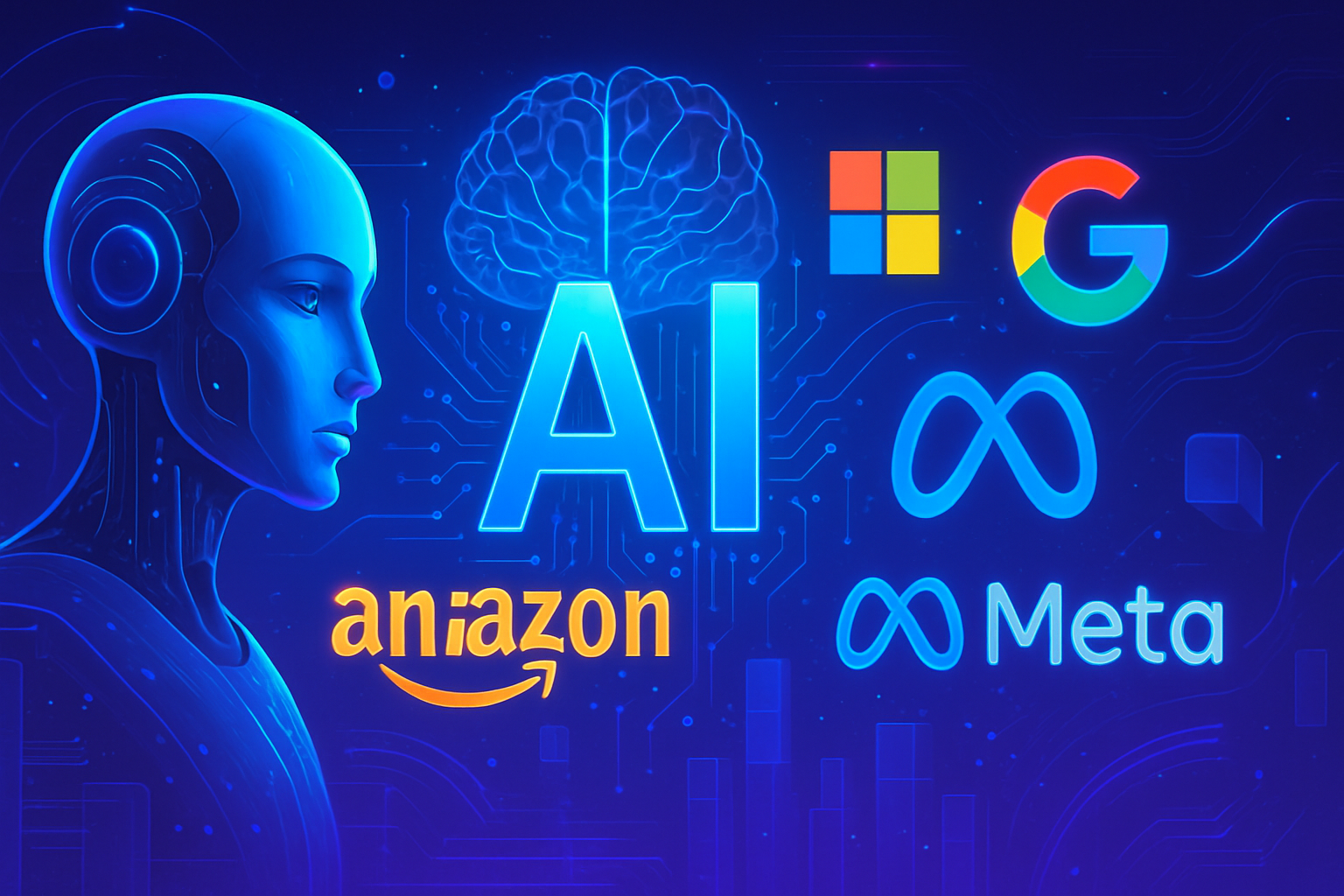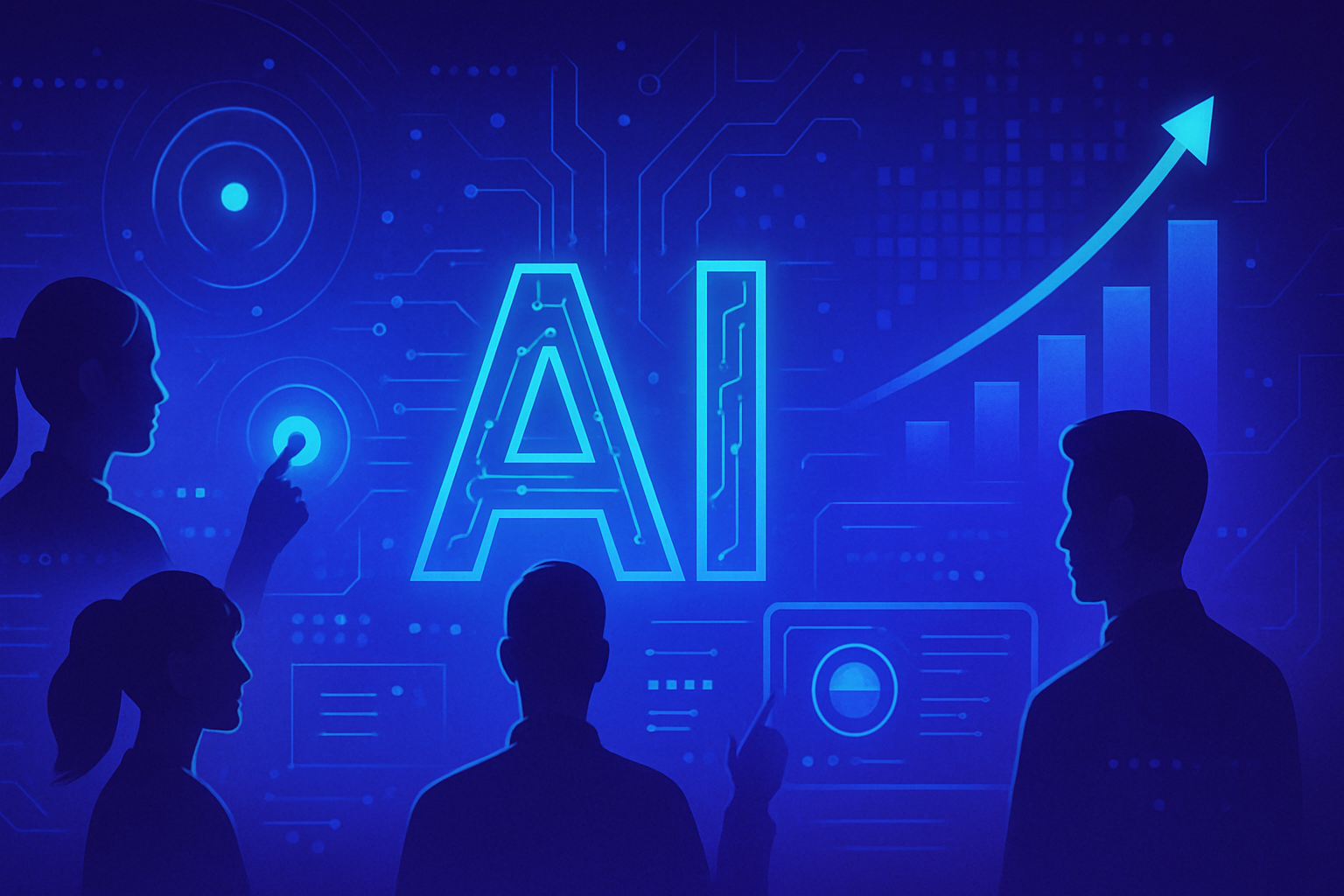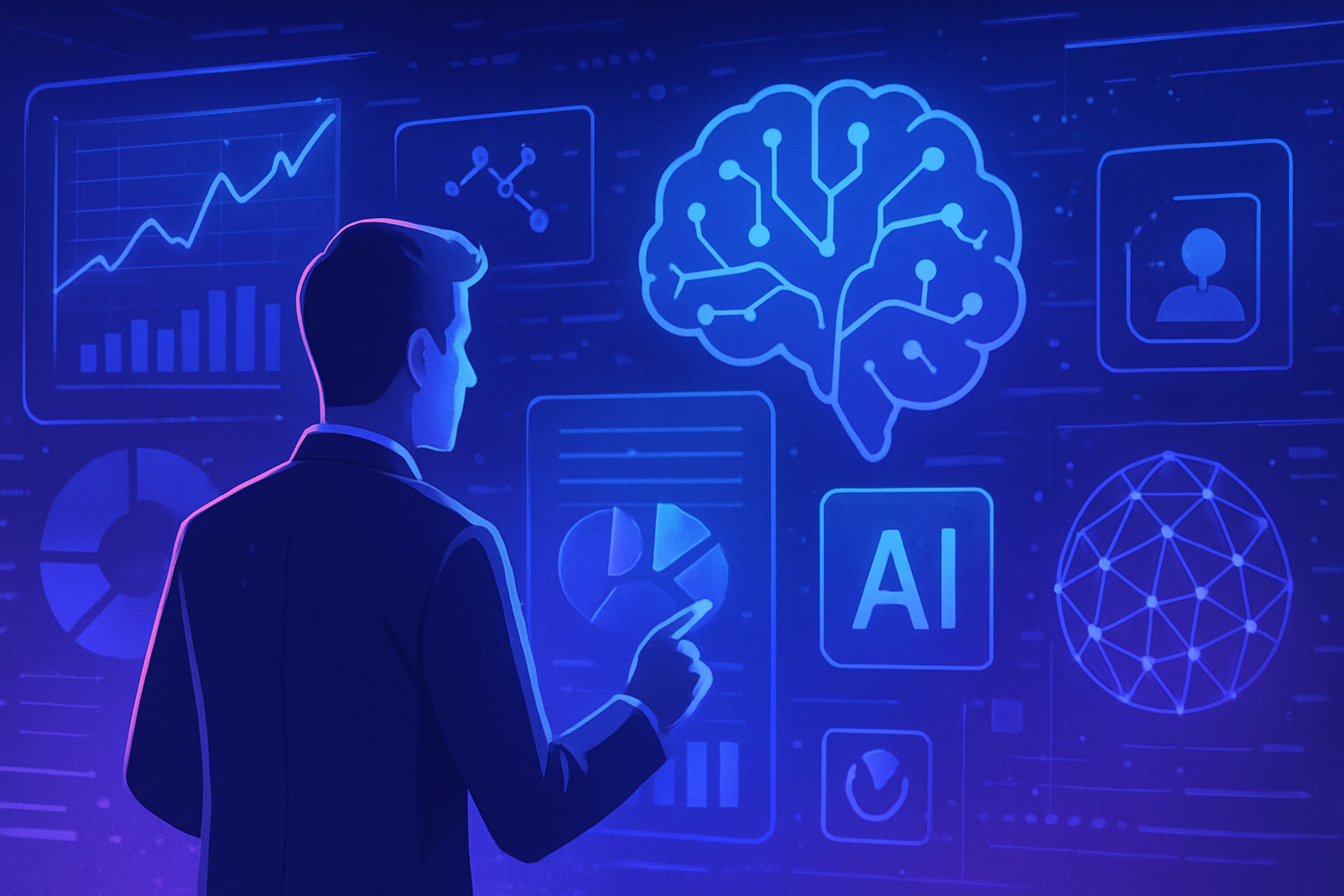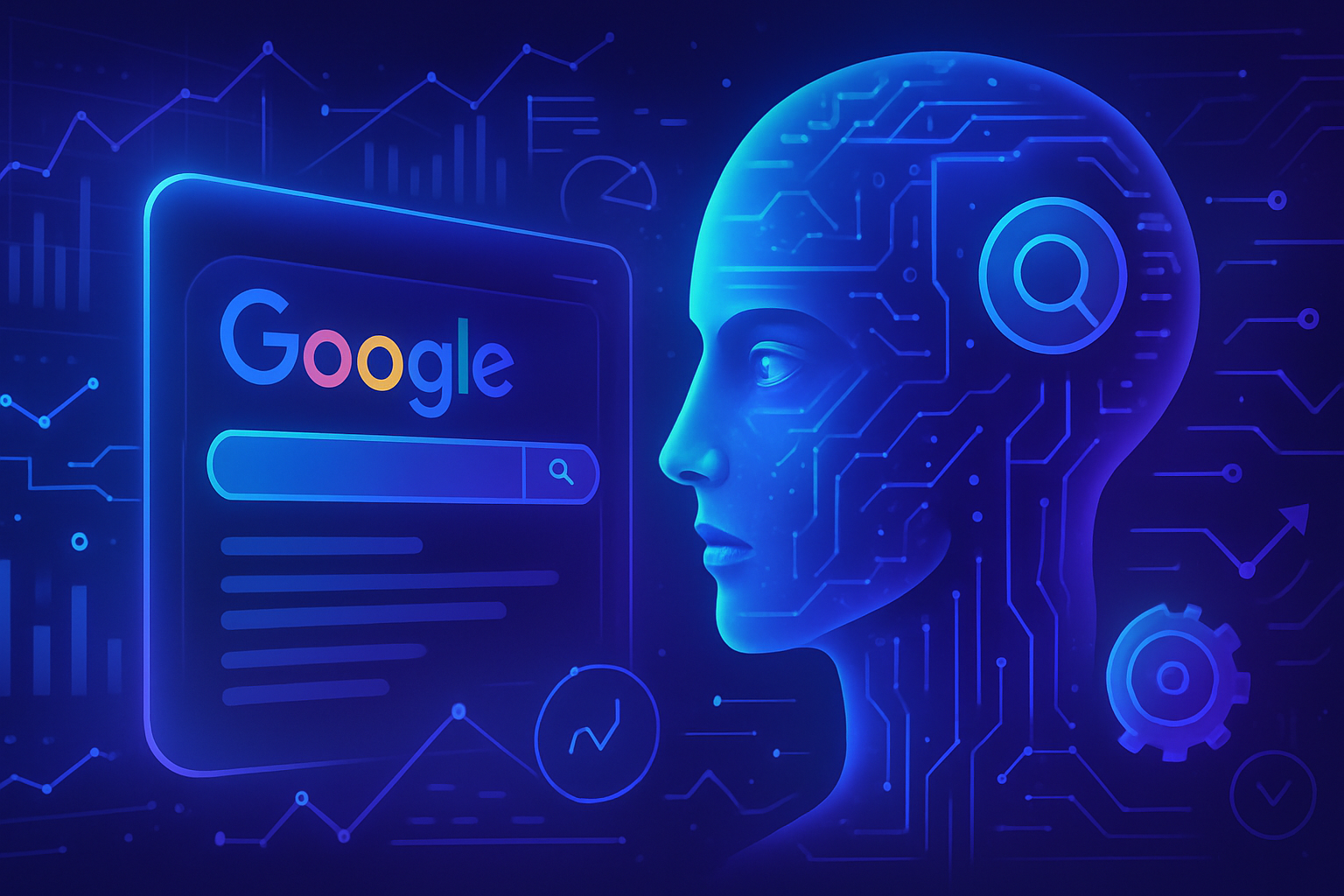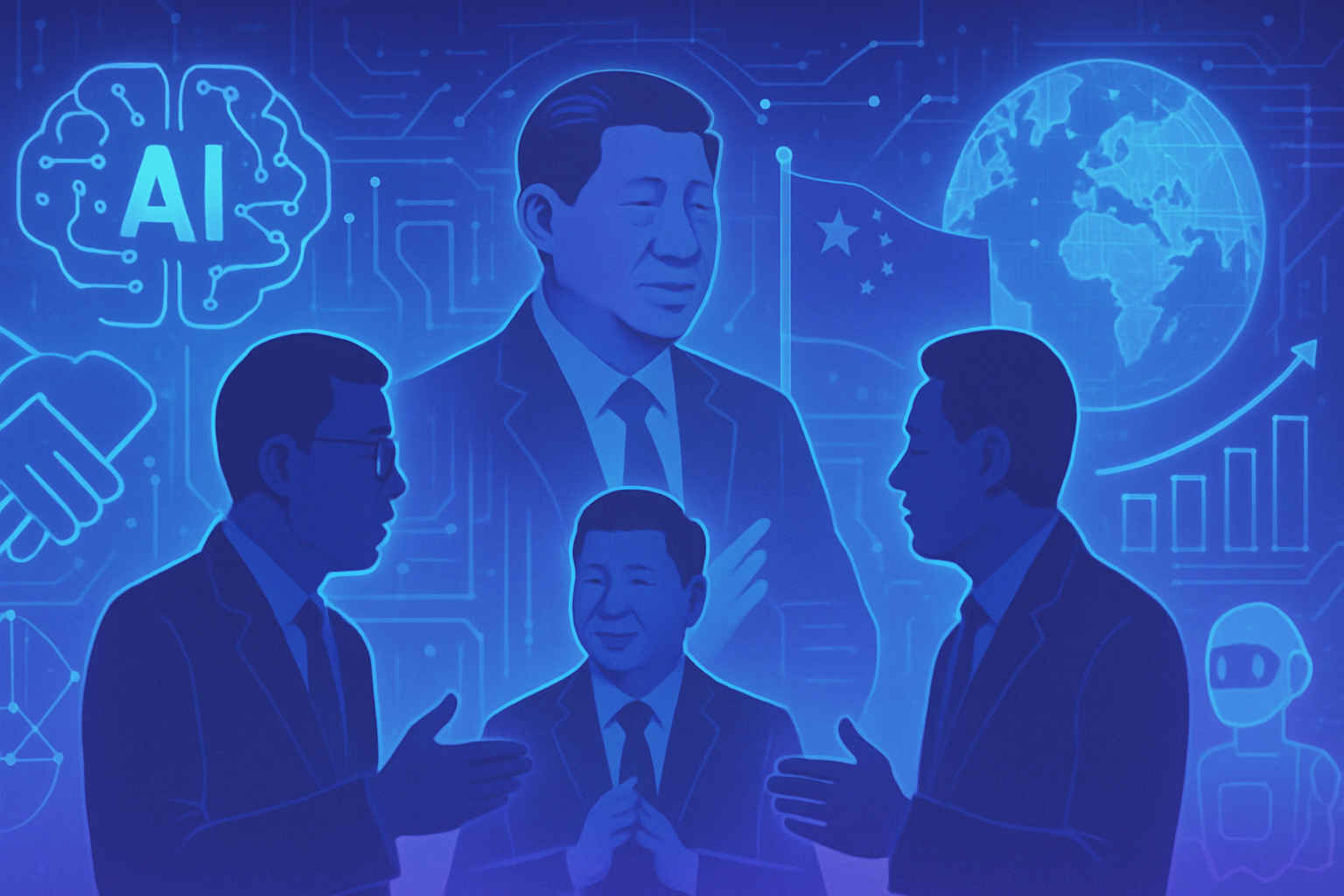Bold ambitions shape the future of tech companies, while Trump’s AI strategy redefines the rules of the game. Far from a simple speech, this initiative engages companies in a frantic race towards innovation. With a relaxed regulatory framework, investment acceleration is set to be a fundamental asset for competitiveness. The billionaires of the sector, seemingly favored, benefit from a flourishing relationship with the government, promising a bright future where AI holds unsuspected opportunities.
A Political Turning Point for Tech Companies
The recent summit on artificial intelligence (AI) organized by Donald Trump in Washington highlighted a clear willingness to overturn a regulatory trend deemed oppressive for tech companies. “America must once again be a country where innovators are rewarded with a green light,” Trump stated during his speech, signaling a new breath for the American tech sector.
Three Deregulation Executive Orders
Trump’s action plan on AI breaks down into three main executive orders. These initiatives aim to transform the United States into an “AI export powerhouse” while alleging the need to reduce regulations set by the previous administration. In fact, this includes guidelines on what the White House labels as “woke” AI, requiring companies receiving federal funding to maintain their AI models free of “ideological dogmas.”
Intensified Lobbying by Tech Giants
Companies like Alphabet, Meta, Amazon, and Apple have concerted efforts to align with Trump’s guidelines. In 2025, these companies spent astronomical sums on lobbying – a total of $36 million to influence tech legislation, averaging about $320,000 per day when Congress was in session. Meta stands out as the largest contributor with $13.8 million.
Strengthening Strategic Alliances
Strategic alliances are being woven between major tech companies and the government. Sam Altman, CEO of OpenAI, and Jensen Huang, CEO of Nvidia, joined forces at the summit with promises of significant investments in the AI sector. Nvidia’s commitment to invest $500 billion in U.S. AI infrastructure could redefine the national tech landscape.
Reactions from Advocacy Groups
In response to this new dynamic, over 100 advocacy groups, including representatives from labor, the environment, and civil rights, have published their criticisms, indicating an urgent need for regulation. They highlight the necessity for increased oversight to prevent potential abuses by tech giants that could harm the freedom and equality of citizens.
Impact on the Future of AI
While tech companies celebrate these new initiatives, some experts warn. The implications of lax regulation could lead to profit opportunities at the expense of safety and ethics. The dangers posed by excessive liberalization in the field of AI raise questions about respecting citizens’ rights.
The Future of AI and the Economy
The implementation of Trump’s plans could largely redefine the role of companies in the global economy. Simplifying regulations could also enable rapid advances in AI technologies, while opening considerable channels for export. These measures could transform the economic framework, facilitating a significant expansion of the AI market.
Global Perspectives on AI
The action plan on AI fits into a broader trend where countries exalt their respective ambitions. The enormous innovative capacity of American companies rivals that of other regions, particularly Europe, which remains concerned about the ethical implications of emerging technologies. The challenge will be to balance innovation and responsibility in a rapidly evolving technological environment.
To learn more about the stakes and perspectives of AI, check out relevant analyses like this or that.
The arts and media, particularly in the UK, also oppose certain proposed initiatives regarding the exploitation of copyrighted works. The implications of such measures for innovation in the AI sector could be significant, as highlighted in this article.
Humorous reflections around chatbots abound, illustrated by works such as those by Ben Jennings, capturing the essence of contemporary AI as shown in this cartoon.
Finally, the recent valuation of the AI start-up, Perplexity, attests to the rapid developments in the technology field. The company has crossed the $1.8 billion valuation mark shortly after its last funding round, as indicated here.
Common FAQs about Trump’s AI Action Plan and Tech Companies
Which companies primarily benefit from Trump’s AI action plan?
Companies such as Nvidia, OpenAI, Meta, Amazon, and Alphabet are considered the main beneficiaries due to their involvement in AI development and their relationships with the current administration.
How does Trump’s AI action plan impact technology regulation in the United States?
The plan aims to reduce regulatory restrictions to promote AI development, allowing tech companies to deploy their innovations more quickly and with fewer hindrances.
What are the main components of Trump’s AI action plan?
The plan includes three executive orders aimed at promoting the export of American AI, relaxing environmental rules for data centers, and prohibiting ideological concepts deemed ‘woke’ in the AI models of state-funded companies.
What changes regarding environmental policy are introduced by this plan?
The plan facilitates the obtaining of federal permits for energy-intensive data centers, which could enable faster development of necessary infrastructures for AI.
How does the tech industry lobby influence the AI action plan?
Large tech companies are investing heavily in lobbying to influence legislation and obtain favorable laws, as evidenced by record lobbying expenditures to ensure their interests are considered in these new regulations.
What criticisms have emerged regarding the AI action plan?
Diverse working groups, including civil rights advocates and other organizations, have expressed concerns about the negative impacts a project favoring the interests of tech giants could have on workers’ rights and communities.
Does the AI action plan affect the security of AI systems?
Critics highlight that regulatory relaxations could harm security and accountability in AI development, necessitating continuous vigilance from regulators to prevent abuses.
Are there international implications related to the export of American AI?
Yes, Trump’s plan emphasizes strengthening the U.S. position as a leader in AI technology export, which could affect trade relations and technological standards globally.
What role does Silicon Valley play within this plan?
Silicon Valley, being a hub of technological innovation, is directly targeted by the plan, which seeks to create a climate of patriotism and national loyalty towards technology, urging local companies to engage in this race for AI.
